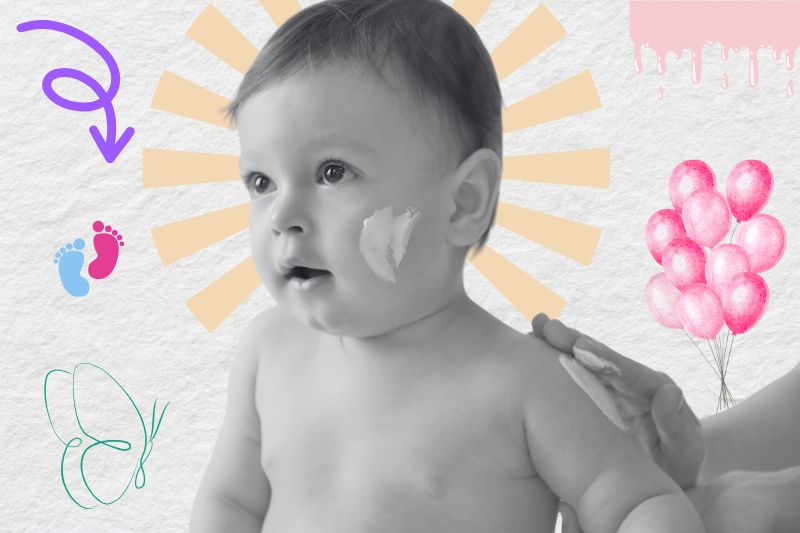Caring for a baby’s delicate skin is one of those things that just comes with the territory of being a parent, grandparent, or caregiver. It’s not always easy to know what’s best, though—there are so many products on the market!
So, what’s the deal with face cream? Does my baby really need it? And if so, which one should I choose?
Let’s dive into this topic and see if we can clear up some confusion, so you can make the best decisions for your baby’s skin.
Baby Skin: What Makes It Special?
We all know babies have soft, smooth skin. But here’s the thing—baby skin is different from ours. For one, it’s thinner and a lot more sensitive, which means it can get irritated more easily. So, things like cold weather or wind can dry it out pretty quickly.
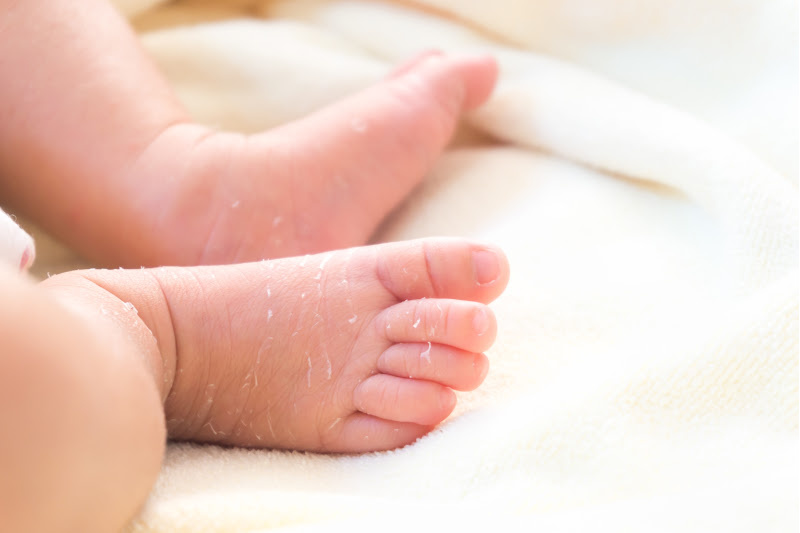
Plus, babies lose moisture faster than adults, which makes their skin prone to dryness. Any parent who’s dealt with diaper rash, eczema, or just general irritation knows how important it is to keep that skin hydrated and protected.
The Role of Face Cream
So, where does face cream come in? Basically, it helps keep skin moist and protects it, especially when it’s dry or irritated. The right cream can help soothe skin conditions like eczema or just everyday dryness.

But—and this is important—baby face creams are specially formulated to be gentle, hypoallergenic, and free of the harsh chemicals you’d find in products made for adults. You definitely want to avoid anything that could cause irritation.
When shopping for face cream for your little one, look for these ingredients:
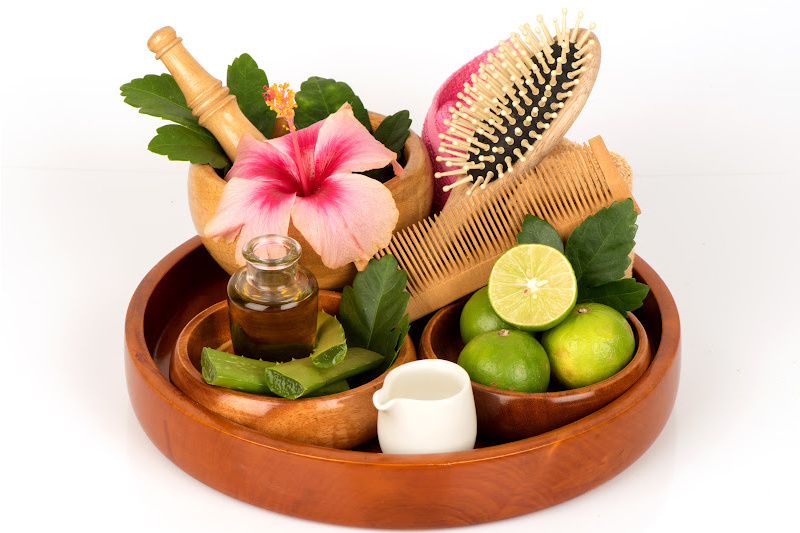
- Moisturizers: Ingredients like Hyaluronic Acid, Glycerin, or Ceramides will help lock in moisture.
- Soothers: Chamomile or Aloe Vera to calm irritation.
- Safe Oils: Coconut oil and Shea Butter are great natural options that nourish the skin without clogging pores.
What you should avoid? Fragrances, alcohol, and preservatives—they can really irritate delicate skin.
When Does a Baby Need Face Cream?
Okay, so your baby doesn’t always need face cream. In fact, most of the time, their skin is just fine on its own. But there are times when it’s useful:
- Dry Skin: If you notice dry patches or rough spots on your baby’s face, a gentle moisturizer can help.
- Eczema or Skin Conditions: If your baby has eczema, a pediatrician-approved cream may be necessary to manage flare-ups.
- Harsh Weather: Dry indoor air or cold, windy weather can really strip the moisture from your baby’s skin, so applying a cream before heading outside can act as a protective barrier.

If you’re ever unsure or if your baby’s skin seems to be getting worse, don’t hesitate to check in with your pediatrician. They can point you in the right direction.
Alternatives to Face Cream
For some parents including myself, sticking to natural or simpler options might feel more comfortable. Here are a few safe alternatives you can try: [1]
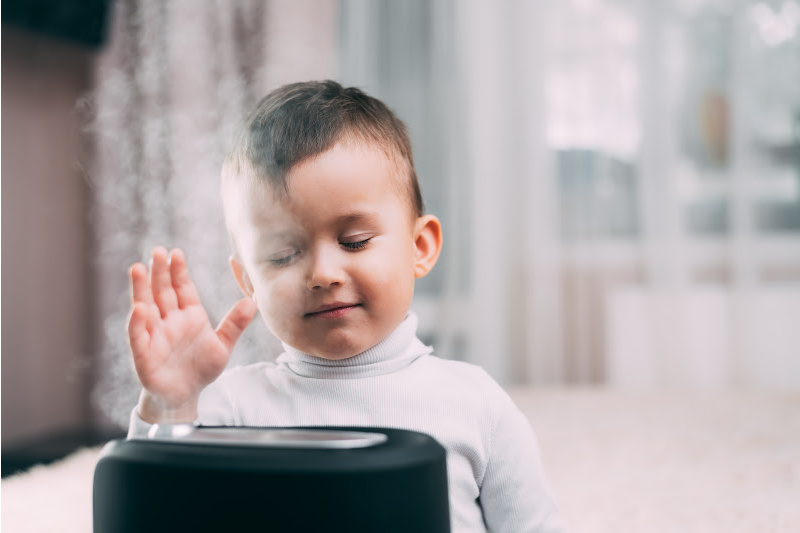
- Coconut Oil: It’s super soothing and hydrating. Plus, it’s a natural choice for sensitive skin.
- Shea Butter: This rich, natural emollient helps seal in moisture without being too heavy.
- Preventative Care: Using a humidifier at home to keep the air moist, bathing your baby in lukewarm water, and avoiding too many baths (which can strip oils) are simple ways to help their skin stay healthy.
Tips for Safe Application
If you do decide to use face cream, here are a few tips to make sure it’s safe and effective:
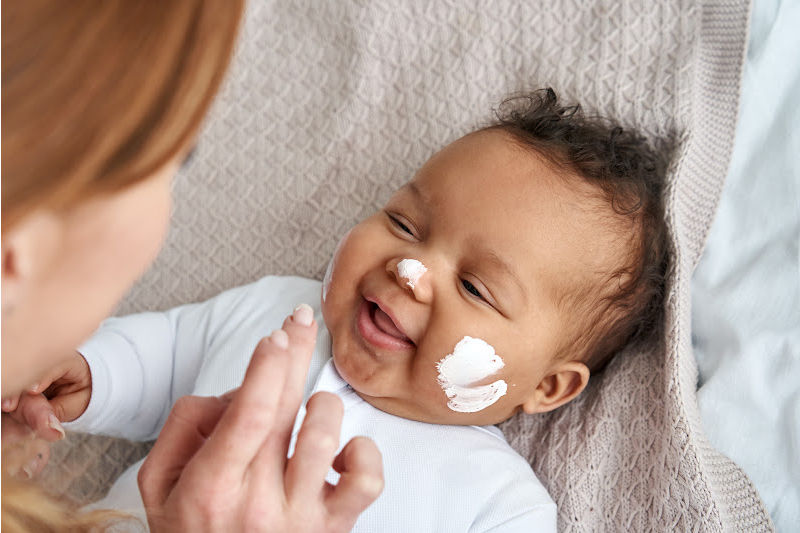
- Start Small: Always do a patch test first to see how your baby’s skin reacts. Just dab a small amount on a less-sensitive area to be safe.
- Keep It Light: You really don’t need much—baby skin doesn’t need to be overloaded with creams.
- Apply Gently: Dab and smooth the cream over your baby’s face—don’t rub it in aggressively. Be as gentle as possible!
Risks of Overuse or Using the Wrong Products
It’s easy to get carried away with all the baby products out there, but using too much or the wrong product can lead to irritation, clogged pores or worse. Stick to baby-friendly options that have been recommended by Pediatricians or Dermatologists.
What Do Experts Say?

Pediatricians and Dermatologists typically agree that babies don’t need face cream every day. If their skin is healthy, it’s probably fine on its own. But when there are issues like dryness or eczema, it’s okay to use a cream that’s designed for babies. Always trust your instincts, and if you’re unsure, don’t hesitate to ask a professional. [2 3 4 5]
FAQs
Do babies need a skincare routine?
While babies don’t need an extensive routine, a simple one can help keep their skin healthy, especially if they have sensitive skin or conditions like eczema.
Can I put lotion on my 2-week-old baby’s face?
Yes, you can! Just make sure the lotion is gentle, fragrance-free, and made specifically for babies. Use it sparingly and watch for any signs of irritation.
Why do dermatologists say not to use moisturizer?
Dermatologists often recommend that parents avoid using moisturizers on healthy baby skin since over-moisturizing can interfere with the skin’s natural barrier. Regular bathing and a simple routine are usually enough!
Conclusion: Caring for Baby Skin with Confidence
At the end of the day, the most important thing is showing your baby love and care. While face creams can sometimes help, they aren’t always necessary. Keep things simple—gentle routines, natural remedies when possible—and always stay informed. If you do choose a cream, make sure it’s safe, effective, and doesn’t overdo it.
You’re doing a great job taking care of your little one. The best thing you can do is stay in tune with their needs and ask for advice when you need it.
